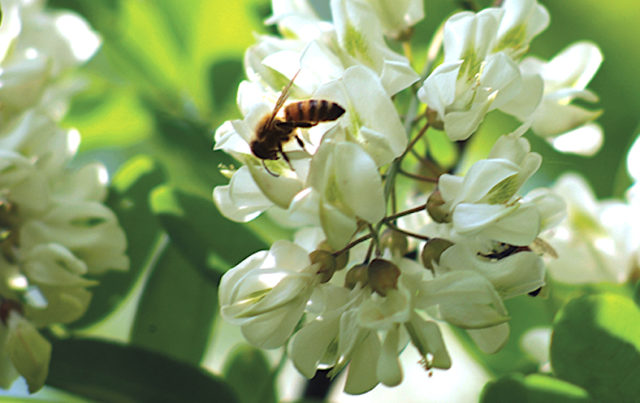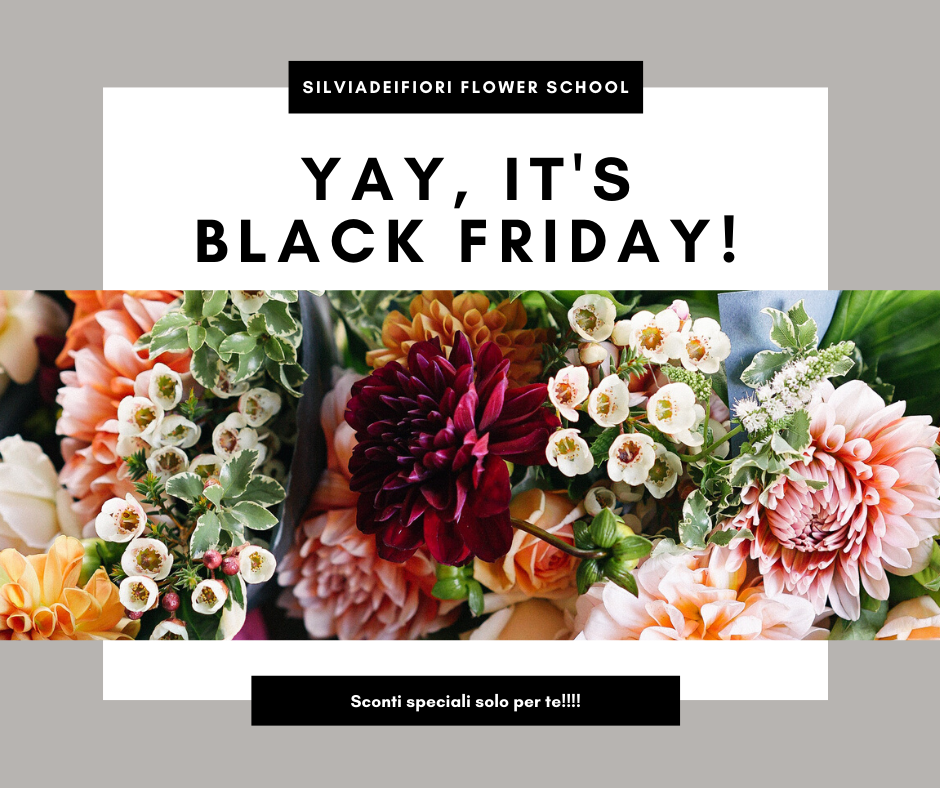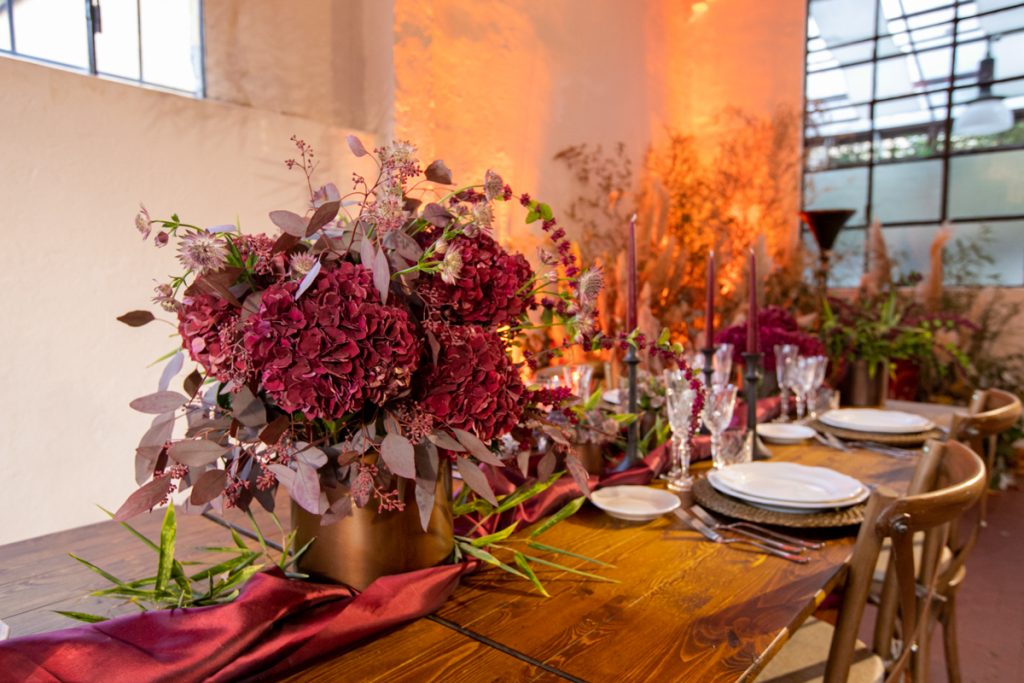
The Bees That Will Save the World!
Here I am reflecting on a topic that has been close to my heart for some time and that I would like to raise awareness about: bees and their importance!
In particular, as practitioners, what can we do to protect them and help them in their very important task?
Not only this, but also how to take immediate action to do something concrete, because believe me, there's no time to waste, dear Flowers!
Why are bees so important?
Bees are crucial to human life and the planet. In addition to producing honey, their pollination ensures the production of 70% in the fruits and vegetables we consume.
What can be done to protect bees?
Taking action dedicated to biodiversity – now more than ever – has become essential for safeguarding the planet and our very lives.
Among these, the simplest and most pleasant consists in the grow flowers and plants useful to those who work with pollination.
Learning about and propagating bee flora is essential for achieving good beekeeping performance and promoting biodiversity.
In the woods, in uncultivated places, along embankments, on the banks of rivers, but also in cities, in both public and private gardens, on terraces, in vegetable gardens, it is necessary to grow nectariferous plants.
Growing plants of beekeeping value
Crops of no beekeeping value can be replaced with others that, in addition to being sources of nectar, are also useful, ornamental, and easy to grow. Furthermore, they can be valuable in the kitchen, confectionery, and perfumery.
Not to mention that they're also useful medicinally, as the aromas stimulate the glands in the stomach and intestines, thus aiding digestion.
Between the most important plant species from this point of view should be mentioned: peppermint, lemon balm, common sage, thyme, lime, borage, marjoram, sweet clover, hyssop, garlic flowers, acacia flowers, hazelnut flowers.
Many of these herbs can be used to make excellent, healthy infusions, which, when sweetened with honey, can replace tea and coffee.
A curiosity:
A study conducted by a team of researchers has revealed that the plants can hear the buzzing of bees nearby so as to produce sweeter nectar.
After being exposed to the buzzing of bees, in just three minutes, the plants increased the sugar concentration in their nectar by up to 20%, making it significantly sweeter.
In fact, many plants are able to send chemical signals into the air, aimed at both other plants and animal species, and can interact with each other through their roots, which form the so-called wood-wide-web.
Have I convinced you, dear Flowers? Shall we do something? If you'd like, to get started, I'll leave you a link to find out more! Click here
Thank you Claudia Zanfi for the photos and information contained in this article!


